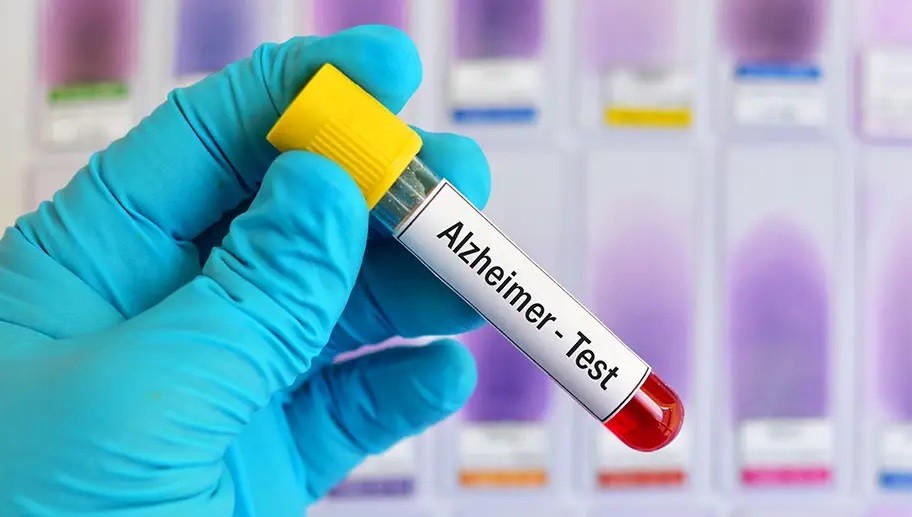23/01/2024
23/01/2024

NEW YORK, Jan 23: A groundbreaking study suggests that screening for Alzheimer's disease could be revolutionized by testing blood for a protein called phosphorylated tau (p-tau). This simple blood test demonstrated up to 96% accuracy in identifying elevated levels of beta-amyloid and up to 97% accuracy in identifying tau, a key biomarker of Alzheimer's disease.
The study, published in JAMA Neurology, focused on the p-tau217 biomarker, which increases alongside damaging proteins, beta-amyloid, and tau, in the brains of individuals with Alzheimer's disease. Currently, identifying these proteins requires brain scans or spinal taps, which can be inaccessible and costly.
Lead author Nicholas Ashton, a neurochemistry professor at the University of Gothenburg, emphasized the blood test's impressive accuracy, comparable to advanced testing methods. With the ALZpath pTau217 assay, the test is currently available for research use and is expected to be accessible for clinical use soon.
The study involved 786 participants, analyzing blood samples, brain scans, and spinal taps. The blood test exhibited similar accuracies in identifying abnormal beta-amyloid and tau, reducing the need for costly and high-demand examinations by 80%.
While the test holds promise, it's specific to Alzheimer's disease. Negative results do not exclude other causes of cognitive impairment. However, the potential for routine blood tests for Alzheimer's in individuals over 50 could transform early detection, leading to proactive management and improved access to therapies.
Preventive neurologist Dr. Richard Isaacson commended the study, stating that routine blood tests for Alzheimer's could be cost-effective and democratize access. More than 6 million Americans live with Alzheimer's dementia, a number projected to double by 2050. The blood test could play a vital role in Alzheimer's prevention, offering a key to unlocking early detection and proactive neurology.


